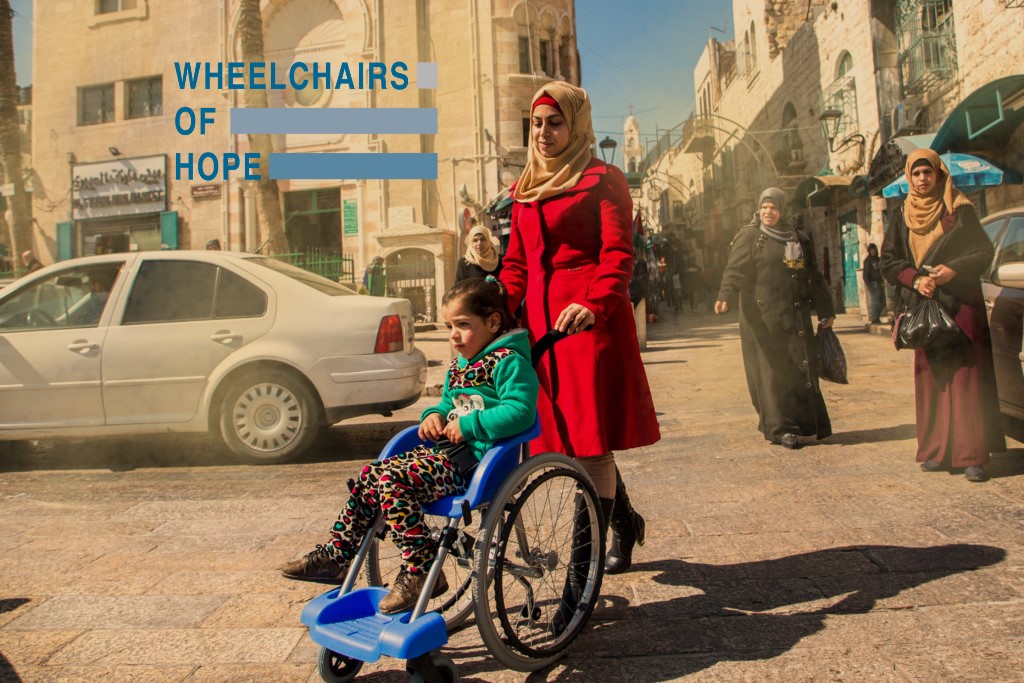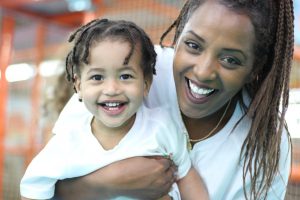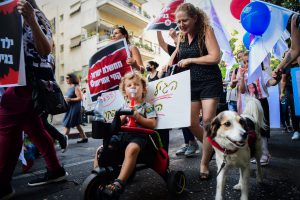Reduced Inequalities


Home » Reduced Inequalities » SDG 10- Wheelchairs of Hope – Enabling Future Generations
SDG 10- Wheelchairs of Hope – Enabling Future Generations
Chava Rothstein and Pablo Kaplan were two business professionals at the top of their game in the corporate world when they decided it was time for a change. They realized they could use their collective experience in international business and plastic product development to design, build and provide wheelchairs to children in developing countries across the world.


In December 2016 “Wheelchairs of Hope” began to provide their wheelchairs worldwide. Their wheelchairs were shipped to Peru, Chile, Ukraine, Vietnam, Swaziland, South Africa, Panama, Ethiopia, Argentina, Israel and other countries. Their motto: “Enabling Future Generations.”
To ensure that their product conformed to international health standards, Wheelchairs of Hope joined forces with Alyn Hospital, Israel’s pediatric and adolescent rehabilitation center, and provided training to teams in developing countries that would receive and distribute the chairs. They also enlisted ZivAv Engineering (product development), Reinhold Cohn Group (legal) and Nekuda Design Management (design) as partners.
Sustainable Development Goal number 10 — Reduced Inequalities — explains that, “Inequality threatens long- term social and economic development, harms poverty reduction and destroys people’s sense of fulfilment and self-worth. Most importantly, we cannot achieve sustainable development and make the planet better for all if people are excluded from opportunities, services, and the chance for a better life.” Encouragingly, Wheelchairs of Hope is achieving target 10.2 — empowering and promoting the social inclusion of all, including those with disabilities.
Related articles


SDG 10 – What’s New with DEI?
Reduced Inequalities While many in Israel were busy with summer activities, the country’s social impact warriors kept doing what they do best: plowing ahead for


SDG 10- The Ethiopian Israeli Community – Part 2
Reduced Inequalities Read Part 1 With the ongoing efforts in Government to foster integration and equality among Israelis of Ethiopian descent, there is a vast


SDG 10-Workers’ Rights & Unions – A Natural in Israel
Reduced Inequalities After the Israel government recently adopted its first budget in three years, not hard to understand the collective sigh of relief. To some,



















